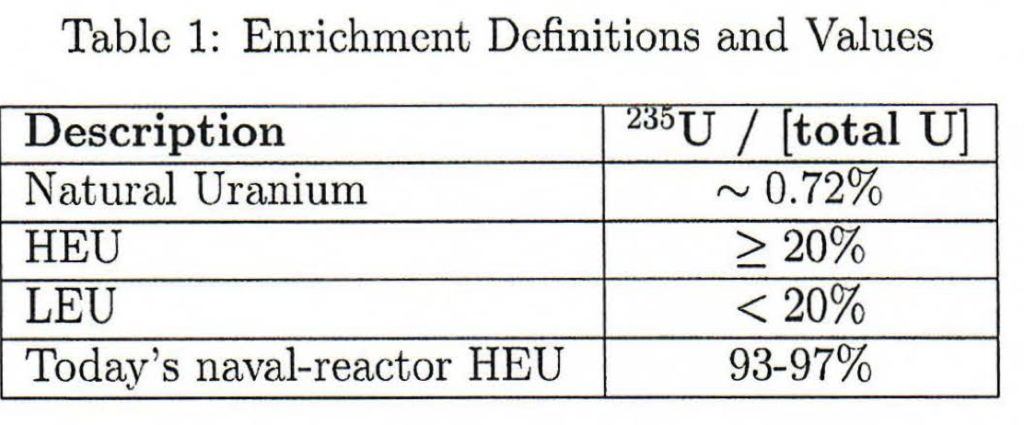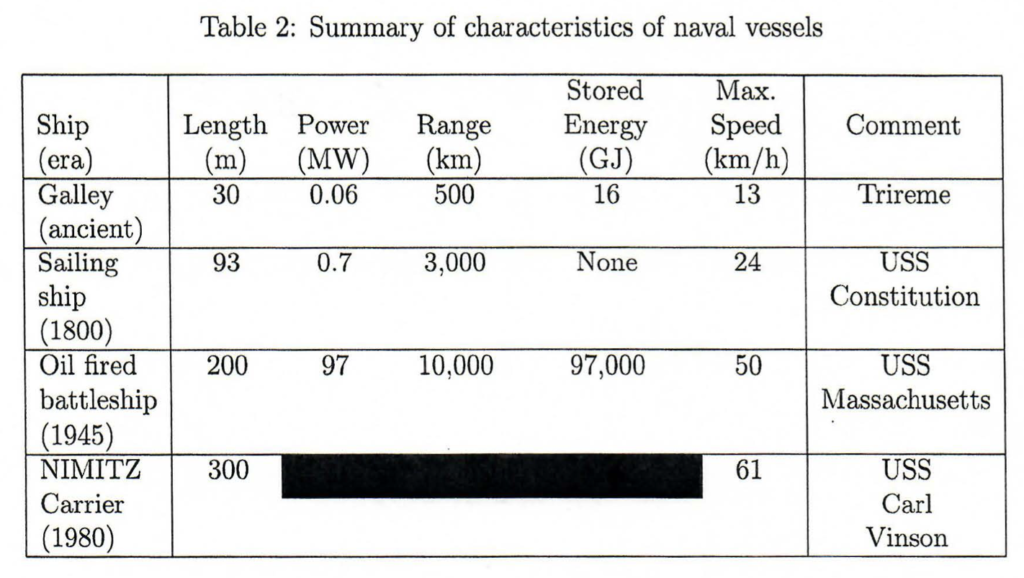I have no particular expertise in this area, but I noticed the below October 19 EU statement concerning voting rights of CTBTO states signatories and I started digging.
First, the statement:
Nonetheless, it is our view that the Preparatory Commission has now concluded its consideration of the restoration of voting rights to some States Signatories who had applied for this. We reiterate that all States Signatories should fulfil their legal obligations to bear the expenses of the Organisation and pay their assessed contributions in full, on time and without conditions.
The EU warmly welcomes the fact that additional States Signatories have recently paid their contributions, bringing the number of countries with voting rights up to 123. We encourage all States Signatories in arrears to make use of this example, to regain their voting rights and take part in the upcoming Executive Secretary appointment process.
States are broke because of Covid-19. ACT has some more background:
As of July, some 73 CTBTO member states had not fully discharged their financial obligations to the CTBTO, which has resulted in the withholding of their voting rights.
<snip>
After considerable debate and unable to reach agreement on the selection process or eligibility, the June commission meeting was suspended to allow for further consultations in July to try to resolve the matter. The Preparatory Commission meeting was reconvened on July 10, 20, and 24 to reach an agreement on procedures for the executive secretary election, including on how to decide whether states in arrears will be allowed to vote.
According to the final report of the June-July meeting, it was decided that states must meet their financial obligations to the CTBTO by Sept. 15 to be able to vote and put forward a candidate, but exceptions for certain circumstances will be allowed for “conditions beyond the control of the state signatory.” Consideration will be given to states who are making progress toward their annual assessed contribution or to states, such as Iran, who have negotiated a payment plan to meet their financial obligations.
<snip>
Sources indicate that more than 30 states in arrears have filed for exceptions in order to be granted voting rights for the executive secretary selection process.
Here’s some more background from PassBlue:
For the first time in its 24-year history, state parties to the Comprehensive Test Ban Treaty, a multilateral agreement that bans all nuclear testing worldwide, have taken a controversial decision by a two-thirds majority. Decisions in the treaty’s body are usually taken by consensus.
The majority decision on Oct. 19 was focused on whether countries with unpaid dues could vote in the election of the next executive secretary of the Preparatory Commission to the Comprehensive Test Ban Treaty Organization. (The body is not part of the United Nations but has a cooperative agreement with it.)
The decision occurred after several months of negotiations failed to produce agreement on the matter.…
<snip>
In the controversial vote on Oct. 19, member states restored the voting rights of just nine countries out of a total of 25 countries that applied for reinstatement. Diplomats in Vienna say that the list of nine countries was presented by Canada and supported by numerous other Western nations, such as the US and Britain. (The organization’s meetings on the matter were held behind closed doors.)
Two other proposals on restoring voting rights did not meet the necessary two-thirds majority. One proposal suggested reinstating the rights of all 25 countries; the other one, submitted by Russia, offered to restore the rights of 15 countries.
Here are some relevant statements from Russia, the G-77 and China, and the EU,




